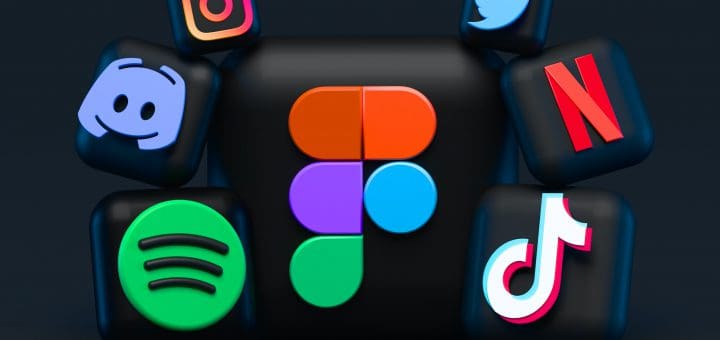Deciding What Social Media Platforms May be Negatively Impacting You
How many social media accounts do you have? A Pew research study found that about 75% of adults have more than one social media account. This number is likely to be pretty high in teens and adolescents who grew up with technology and social media.









Recent Comments